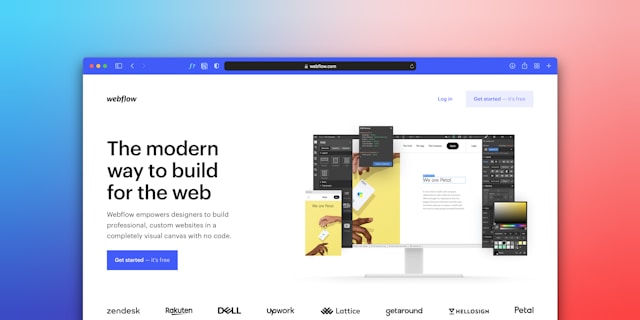Do private surgeons in the UK really need a website in 2025?
Most private surgeons I speak to fall into one of two camps:
1. They have a website... but it hasn’t been updated since the Cameron years.
2. They don’t have one at all - and say they "get by just fine" with referrals.
But here’s the truth:
In 2025, not having a proper website is like running a clinic with the lights off and the blinds down. You’re open. but invisible.
Let’s talk about why.
The old model is changing
Historically, private practice worked like this:
- Consultant gets NHS post
- Builds a name and reputation
- Taps into a steady stream of GP or hospital referrals
- Sets up a profile on a hospital website
- Keeps things ticking over
But here’s what’s changed:
- GPs are referring less (and slower)
- Patients are researching everything online - and they’re more sceptical
- Private hospitals are crowded with competition
- And more consultants are stepping into private work than ever before
Referrals still matter, but they’re no longer enough.
In a post-pandemic, Google-first world, your digital presence is often your first impression - not your bedside manner, not your CV, not your GMC number.
Patients don’t search for you. They search for their pain.
Here’s what most surgeons miss:
Patients aren’t typing your name into Google.
They’re typing things like:
- “Why does my shoulder hurt when I sleep?”
- “ACL tear recovery time”
- “Best knee surgeon in Manchester”
They don’t know your name.
They don’t care about your qualifications (yet).
They care about reassurance and clarity.
A good website meets them at the search bar.
Then guides them through trust, value, and action - without pressure.
What a proper website actually does
Most websites surgeons have today are either:
- One-page bios hidden on hospital sites
- Static, brochure-style pages with no real info
- Or WordPress nightmares from 2014
That’s not a website. That’s an online business card.
Here’s what a modern private practice website should do:
1. Educate
Explain procedures in plain English.
Answer common questions with blog posts.
Provide downloadable resources or videos.
2. Build trust
Include photos, videos, and testimonials.
Show your human side - not just your credentials.
3. Generate leads
Make it easy to enquire, book, or join a waitlist.
Optimise it for SEO so new patients can find you.
A well-built website doesn’t just sit there. It attracts, educates, and converts patients while you’re in theatre.
“But I get most of my patients from referrals…”
You probably do. For now.
But even referred patients Google you before booking.
And what they find shapes how they feel about you.
A slick, helpful site says:
"This surgeon knows what they’re doing. I feel reassured."
A clunky, confusing site says:
"Is this the same guy my GP recommended?"
No one’s going to tell you they didn’t book because your website looked dodgy.
They’ll just ghost you.
This isn’t about vanity it’s about leverage
Let’s get something straight:
This isn’t about chasing TikTok fame or “building a brand.”
It’s about making your practice work for you, not the other way round.
A good website helps you:
- Attract more self-pay patients
- Educate people before they waste your clinic time
- Build a waiting list of patients who already trust you
- Raise your profile without burning yourself out on social media
You don’t need to become a content creator — you just need a digital front door that opens the right way.
Final thought: You don’t need a website. Until you do.
Maybe you’re fully booked right now. Great.
But here’s what happens when you rely too heavily on referrals:
- Your income depends on someone else’s pipeline
- You lose touch with what patients are really searching for
- You become vulnerable to slowdowns, holidays, or changes in hospital policy
Your website is your insurance policy.
It’s your long-term growth engine.
And done right, it’s a powerful leverage tool.
















